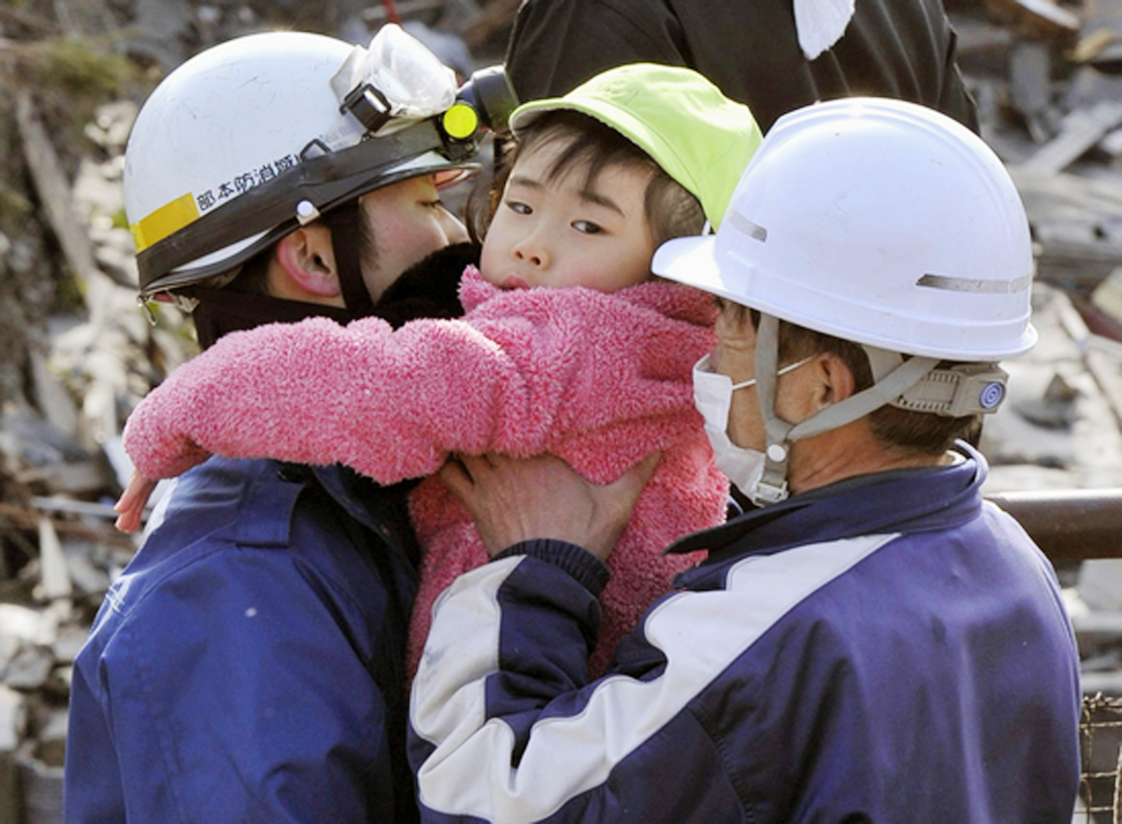Scottish Learning Centre for Haiti
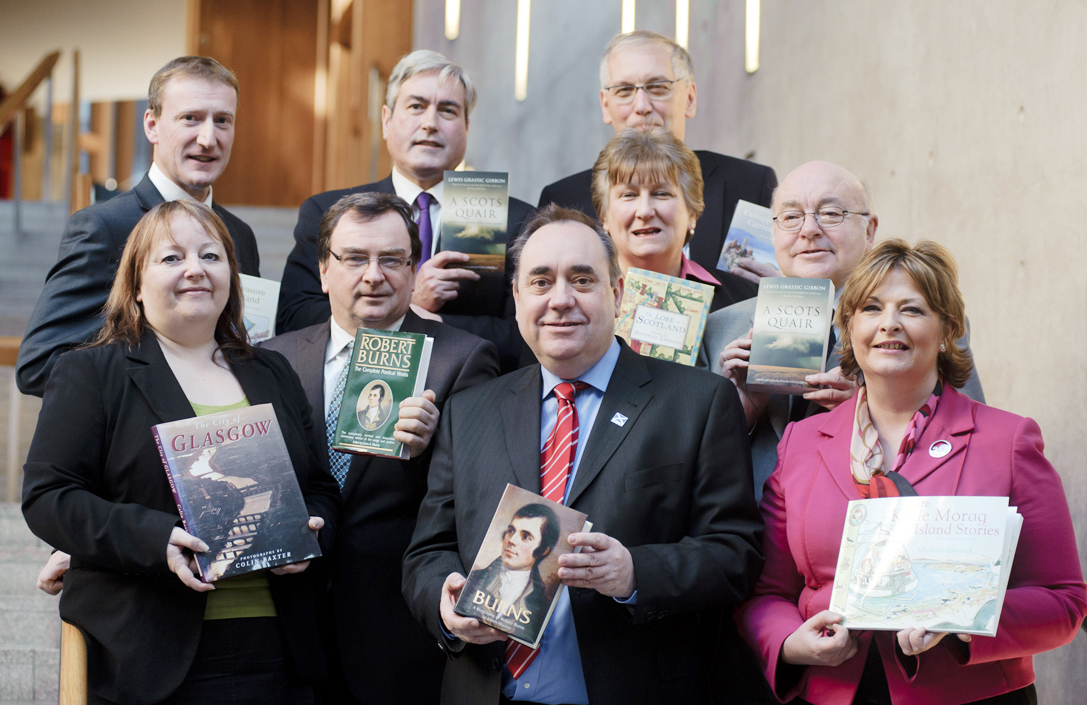
Primary School Children in Haiti will soon be reading books by classic Scottish authors such as Robert Louis Stevenson and Robert Burns as part of our initiative asking some of Scotland’s leading politicians to select their favourite books to fill the library shelves of the Good Samaritan School, recently rebuilt with help from Glasgow the Caring City.
Leaders of all major political parties at Holyrood have united to support the Burns Day book campaign which will see their Scottish literature donations placed in The Caledonian Room of our newly rebuilt Haitian primary school.
We helped to build the Good Samaritan School in Cite Soleil after it was badly damaged during the earthquake, which struck and devastated Haiti 12 months ago. The Caledonian Room provides a central link between the children of Scotland and Haiti and allows Haitians to explore Scotland’s language, culture and history - now enhanced by the cross-party book donations from MSPs.
First Minister Alex Salmond, who was one of the politicians present, chose to donate ‘A Biography of Robert Burns’ and said, “One year on from the Haitian earthquake, the scale of the disaster remains immense and I hope this small gift demonstrates Scotland’s friendship and support for the people of Haiti.
“The Scottish Government supported the work of charities such as Glasgow The Caring City in the aftermath of the disaster, as they provided shelter, food, water and medical care for those living in terrible conditions.
“However, there is still an enormous amount of work to be done. That’s why the valuable contribution of charities such as Glasgow The Caring City and the support of the people of Scotland continues to remain so important.”
Other book donations to the Caledonian Room in the new Haitian school included Lewis Grassic Gibbon’s ‘A Scots Quair’ from Scottish Labour leader, Iain Gray, who praised his choice as “ultimately a celebration of humanity and, with its vivid description of the landscape of [Scotland’s] Northeast, our own place in the natural world.”
Scottish Conservative leader, Annabel Goldie picked ‘The Lore of Scotland’ for her donation and noted with pride that, “Scotland and Haiti are countries with an oral tradition blending history, legend, folk tales and lore. I have chosen The Lore of Scotland: A Guide to Scottish Legend, a book which encapsulates a rich tapestry of these ancient tales which are at the heart of Scottish culture to excite the imagination and enthusiasm of people half a world away.
Scottish Liberal Democrat leader, Tavish Scott, gave ‘Treasure Island’ to the cause – one of Robert Louis Stevenson’s best-known and most influential novels.
It is hoped that these donations will not only help establish a valuable cultural link between the children of Haiti and Scotland but provide inspiration for generations to come as Haitains continue to rebuild their society.
Feature: Aiding Japan’s Recovery
On Friday 11th March 2011, Japan was struck by one of the largest Earthquakes and Tsunamis in history. At a staggering 8.8 on the Richter scale, it is estimated to have claimed over 18,000 lives and has left the Japanese nation devastated by unprecedented infrastructure damage and severe Nuclear power plant ruptures.
Glasgow the Caring City could not stand idly by as this horrific event unfolded before our eyes without doing something – in the midst of this massive force of nature lay the fate of children, swept from their families, separated temporarily or tragically, perhaps for good.
What followed amidst the images, statistics and science was yet more baffling. The large so-called leading agencies proceeded to do little to contribute to the relief of suffering. Facts and hypothesis about Japan being rich enough to cope were aired in the media while isolated children sat cold and alone in school halls across Japan.
Within 48 hours of the Tsunami’s impact, we responded to a request from our International Aid network, Global Hand, which appealed for immediate humanitarian relief to be sent to Japan.
Together with our longstanding partners, Crossroads Foundation (who like us are a ‘Goods in Kind’ (GiK) organisation, providing practical and immediate aid to those in need as well as financial resources for relief), we established the Scotland4Japan appeal.
The Scotland4Japan appeal successfully raised several hundred pounds. Although not a huge amount of cash, it proved vital in funding the immediate provision of food, water and medicine for Japanese children suffering in the aftermath of the Tsunami.
Glasgow the Caring City CEO, Rev. Neil Galbraith, praised these efforts by acknowledging that, “Many questioned the value of aiding Japan, describing Japan as a nation capable of helping its own people. We don’t question this sentiment, however, clearly children in Japan needed our help while our international partner charities were appealing for our support.
“We are most grateful for everyone who showed their support, particularly those who financially donated. Glasgow the Caring City can make a difference, even in a nation as rich as Japan, and that has been borne out by our effective appeal for funds and practical delivery by Crossroads Foundation.”
One month on from the disaster, more and more organisations are launching initiatives like ours. As our small appeal slowly but steadily grows, perhaps the initial estimates of the scale of this disaster and Japan’s ability to cope without external help will be revealed as a gross miscalculation. What has become clear is that we should not link a nation’s ability to cope with destruction and despair to their bank balance – lest we forget Hurricane Katrina.
The Life of a Bar of Soap
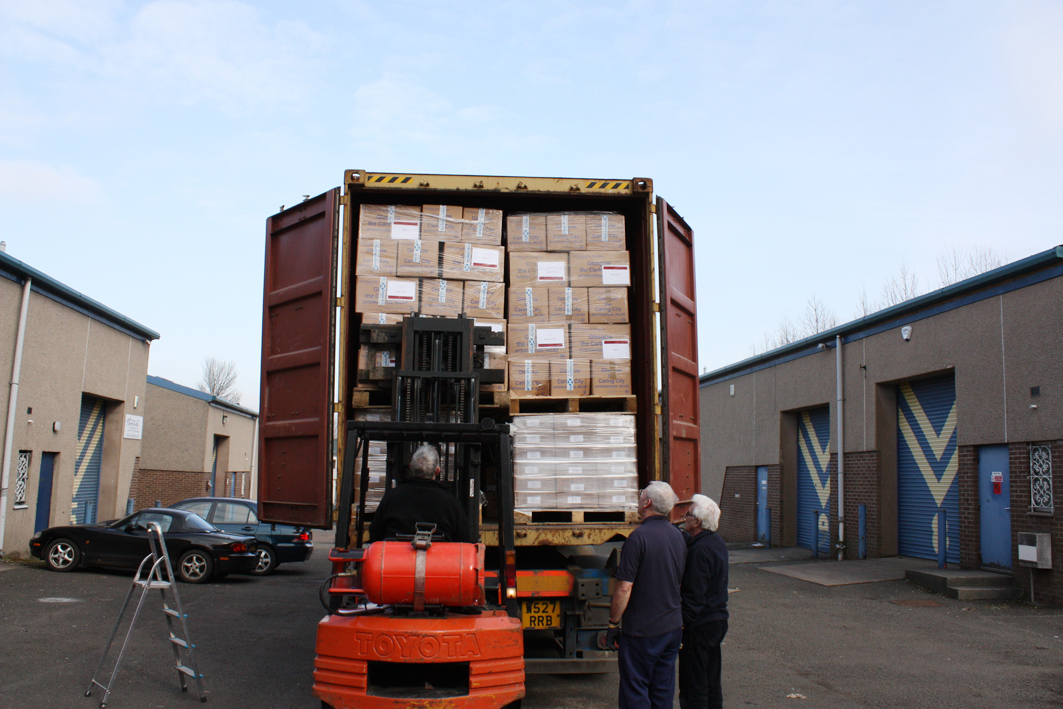
Since 2002 Glasgow the Caring City has worked with Soapworks Ltd to provide over 800 tonnes of soap to help millions of children in some of the poorest regions in Africa.
However transporting this much product many thousands of miles from the Soapworks factory in Glasgow to the villages of Burundi is no mean feat and requires the hard work and dedication of a committed team of volunteers.
Regular bars of domestic soap may seem like an everyday necessity to us living in Glasgow, however to those in Burundi, one of Africa’s poorest countries, it is something that most have little or no access to. On 24th March Glasgow the Caring City sent 14000Kg of soap on a journey half way across the world in an attempt to ensure that future generations of children were safe from dirt and infection. This is the story of how that soap got from Glasgow on the West coast of Scotland to Burundi in Central Africa.
After production in Soapwork’s Glasgow factory the bars of soap are transported by road to Glasgow the Caring City’s Cathcart warehouse where it is stored until a suitable transport container is available. Once loaded into a shipping container (PIC) along with many other vital resources including medical supplies, pasteurizers, clothing and spectacles the soap is transported by rail, south to the port of Tilbury in Essex.
At this point the aid container finally leaves the UK to be transported by ship, South East across the Atlantic Ocean to Tanzania. Although the container has now finally reached Africa, the journey is far from over with a further road trip of several thousand miles across the African continent to complete. By the time the vital produce reaches its destination in Burundi the trip has taken an approximate total of seven weeks.
Despite the length of the trip and the effort required to get these resources to where they are most needed, it is vital that this supply chain is maintained. The effort and dedication of Glasgow the Caring City and its many associated organisations help to ensure that millions of children in the poorest parts of the world grow up with basic levels of cleanliness and hygiene.
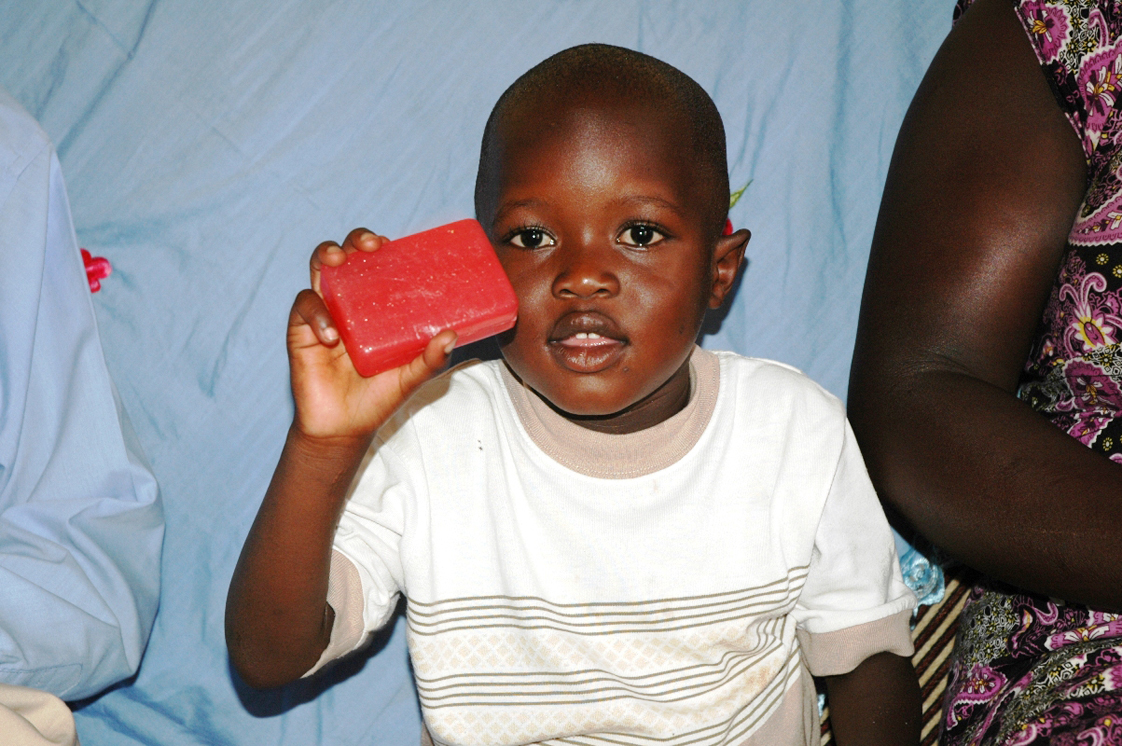
Sustainable Land Rover Shipped to Sudan
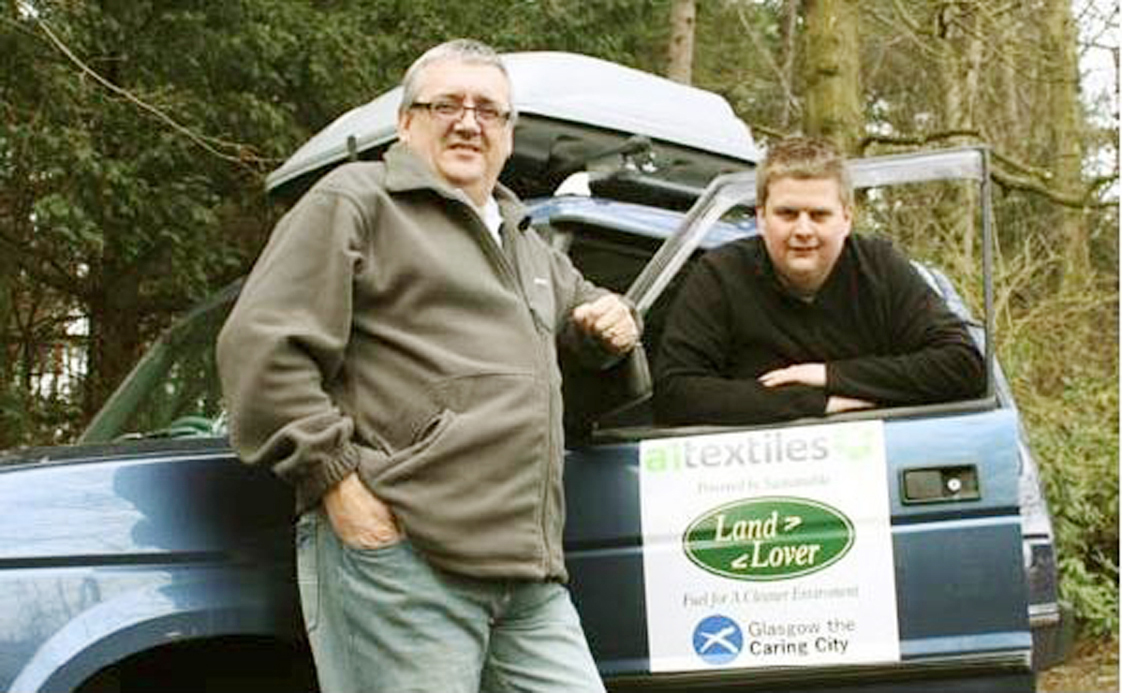
International Projects Director Ross Galbraith tells of how his Land Rover is now helping former child soldiers in Southern Sudan…
One of the ongoing and most successful projects which Glasgow the Caring City has been involved in is Matthew’s Farm. The Farm in Southern Sudan was established in 2006 as a means of reintroducing agricultural skills and food security to a region destabilized by many decades of civil war.
In order to support this fantastic project I recently donated my own Land Rover Discovery to the farming community at Matthew’s Farm as a gift. The reason I had the Land Rover was simple, with my wife due to deliver our second child in February and Scotland in the midst of a particularly horrendous winter I decided to buy myself a 4x4 to keep my young family and I moving throughout the winter.
In mid-February, when the snow cleared and our baby had arrived, the vehicle became semi-redundant to us so I felt that it would certainly prove more useful elsewhere. After much deliberation, as I loved my Landy, I decided to donate the vehicle to Matthews Farm as a means of moving people, and crops between the main market towns and rural villages.
It’s important to realise that the Land Rover wasn’t any ordinary vehicle and came with serious modifications! In a fairly straightforward procedure it was converted to run mainly on Sunflower oil and the hope is that once in use on Matthew’s Farm the Land Rover will be a largely self sufficient piece of machinery as part of a ‘grow your own fuel’ initiative.
Ross’s land Rover will be used to transport people from rural villages in order to access healthcare, education and support services. Matthews Farm promotes food security, training and education for young farmers striving for a better future. Donations such as the land Rover form part of a coordinated programme of aid and support, designed to help communities change their own circumstances. Images and stories about Landy will follow in future editions.
